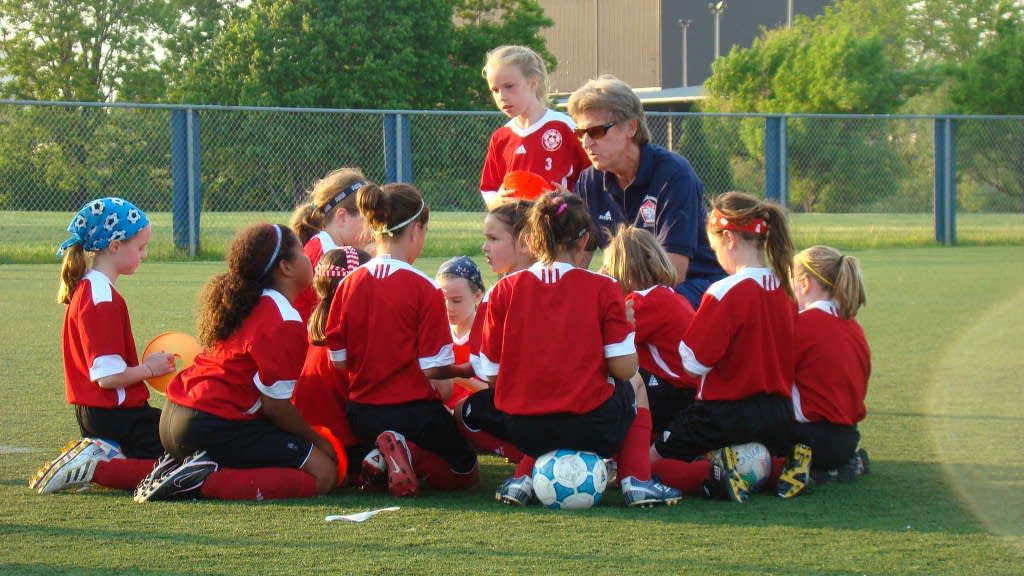Youth Football Coaching - The Key Considerations
How to Become a Successful Youth Coach

For several years now, the Football Association (FA) in England has been trying to reinvest grassroots football on these shores. This is with a view to creating more technical players, who are increasingly adept and dribbling and retaining possession.
Since 2012, the FA has cultivated a long-term plan aimed at producing technically adept players who can ultimately perform on the international stage, utilising five key elements that helped to create consistent youth coaching and support young players in their wider development.
At youth level, the biggest change has seen coaches focus more on the delivery of technical and tactical skills, rather than simply emphasising the importance of winning and physical traits like stamina, tackling and heading the ball.
But if you want to become a youth coach, what qualifications and attributes do you need in 2022? Here’s a few to keep in mind as you strive to kick-start your career:
Ensuring You Have the Right Credentials
If you want to become a children’s football coach, your first step must be to gain at least two of the various FA qualification badges at youth level.
More specifically, you’ll need to complete the ‘BT Playmaker’ and ‘Introduction to Coaching Football’ courses, the first of which is short, online, free to access and focused primarily on creating a positive football environment for young players across different age ranges.
This initial step must be followed by undertaking the Introduction to Coaching Football course, which enables aspiring coaches to learn the fundamental principles of the craft when working with players aged under seven and upwards.
This course is a little more intensive and focused on imparting technical skills on young players, while it's arguably more central to the role that you'll play through the course of your youth coaching career.
By completing these two courses in sequence and successfully undergoing a full CRB check, you can establish a foundation from which to pursue a career in youth coaching.
Understand the Key Coaching Attributes
Even with the right qualifications, it’s important that you have the requisite personal attributes to work collaboratively with children and communicate your ideas successfully.
Ideally, you’ll need to be an excellent communicator who understands how to talk to children within various age ranges, while showcasing empathy and good listening skills at all times.
This way, you can engage with younger players fully and take on board their feedback, helping you to build mutually beneficial relationships going forward. Remember, coaching requires excellent leadership skills, and any serious leader must focus on working collaboratively regardless of the age of their team or subjects.
Ideally, you should also be punctual and a good role model to your students, as this creates a visible example for them to follow at all times. Without this, it can be hard to foster a sense of focus and discipline during what may be challenging training sessions.
Looking for Local Opportunities
Once you’re ready to start coaching, you’ll need to identify potential opportunities within the local area.
This enables you to seek out convenient roles that can be combined with your day job and daily schedule, while it may also allow you to work closely with children and parents that you know within the community.
For your first youth coaching role, target local sports’ clubs and football teams, while focusing on an age range that you’re comfortable with or that’s compatible with your existing skillset.
Similarly, don’t be afraid to use your connections or friendships to identify potential roles. For example, you may know somebody who runs a local club or coaches elsewhere, opening up a potential network that can help you to find multiple coaching roles.
The key is to build your qualifications and get started at a local side, before gaining experience and launching your career further going forward.






Comments
There are no comments for this story
Be the first to respond and start the conversation.